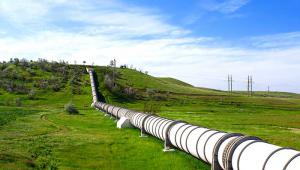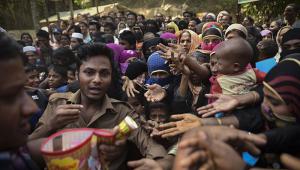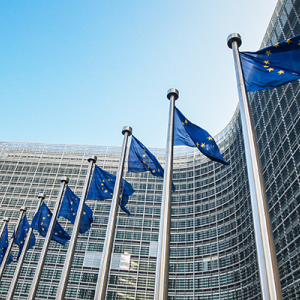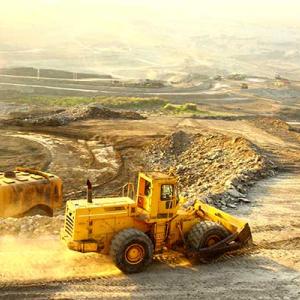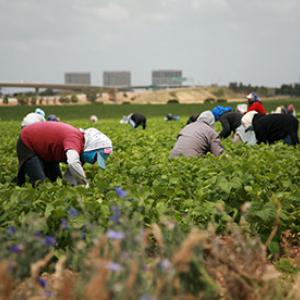web_gaspipe_shutterstock_79616923.jpg
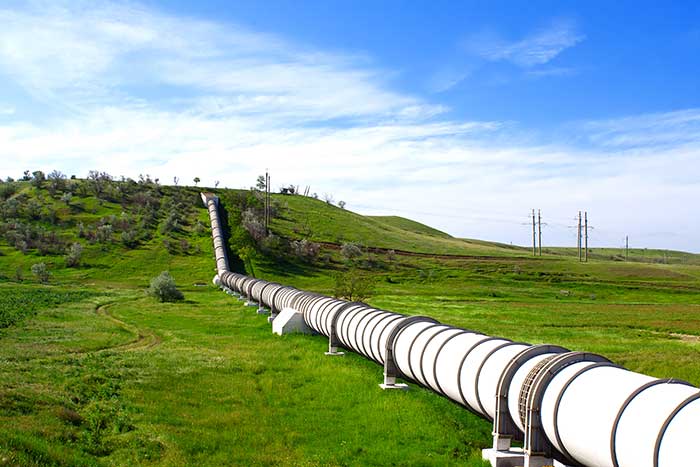
Gas pipeline
The $45bn Southern Gas Corridor project, which is expected to start ferrying natural gas into the European Union by 2020, will be funded by some of the biggest loans ever granted by Europe’s development banks.
CEE Bankwatch, a network of organisations keeping a check on development banks, claims that at least eight firms awarded contracts to build what will be the EU’s most ambitious energy project had a dubious history.
The European Investment Bank is currently evaluating a $2.1bn loan – the biggest in its history – for one part of the project, as well as a further $1bn for another. A further $1.56bn loan is being considered by the European Bank for Reconstruction and Development.
According to the Bankwatch report, which cites Italian prosecutors, three Italians firms that have won contracts to build parts of the pipeline have past links to the mafia.
One of these fIrms, Bonatti Group, was hired to build a 760km stretch of the pipeline in Greece. The report said that in 2010 in Italy, one of the group’s subsidiaries was banned from public contracts because of its links to the mafia, while two CEOs of other subsidiaries were jailed for extortion and association with mafia clans.
A Bonatti spokesperson said the allegations made in the report are "groundless".
They added: "Neither Bonatti or any of its subsidiaries have ever been involved in the events quoted and were never, and are not, subject to judicial proceedings related to the Bankwatch report and the press."
Another Italian firm, which is not linked to the mafia, has been repeatedly convicted for corruption, mostly bribery, by the courts in Italy and is under investigation for the same charge in several other countries.
It is also linked to the massive Petrobras scandal in Brazilian politics, which saw the former president impeached, and the bribery scandal surrounding Monaco-based company Unaoil recently unveiled by the Huffington Post and Fairfax media.
A number of Greek firms winning contracts to build parts of the pipeline also have a poor reputation, the report said.
CEE Bankwatch cited a Greek state competition committee, which accused several of the firms of being members of a cartel that dominated the construction sector in Greece for three decades. The committee alleges firms would take it in turn to win big public tenders, potentially also passing inflated costs on to the public.
The concerns raised by the committee have prompted the European Commission to suspend $14m worth of EU funds to Greece.
A number of other firms, some of which are also suspected to have been part of the cartel, or their senior management have been implicated in scandals from bribery to tax evasion, some of which have been notorious.
Finally, the Turkish state-owned energy firm, Botas, which is responsible for the construction of the entire section of the pipeline crossing Turkey, and its subsidiaries, have close links to the ruling political party, the report said.
The group has been implicated in at least two major corruption scandals, mostly centred on the use of bribes to win public tenders.
Mark Fodor, Bankwatch’s executive director, said the European development banks involved should “seriously consider” whether they are willing to entrust their largest ever loans to such companies.
“Channelling billions of euros in public funds to dodgy companies – all in the name of so-called energy security – is this the legacy Europe wants?”
An EIB official told PF International that the projects referred to in the Bankwatch report are “currently under appraisal”.
“As for every project, we follow strict due diligence procedures,” they continued. “We cannot yet comment on the Bankwatch report in more detail as we were not consulted during the report’s drafting.”
The EBRD provided the same comment.
But it’s not just European public funds that will be used. The World Bank, the Asian Development Bank and the Black Sea Development Bank are considering financing worth over $2bn.

